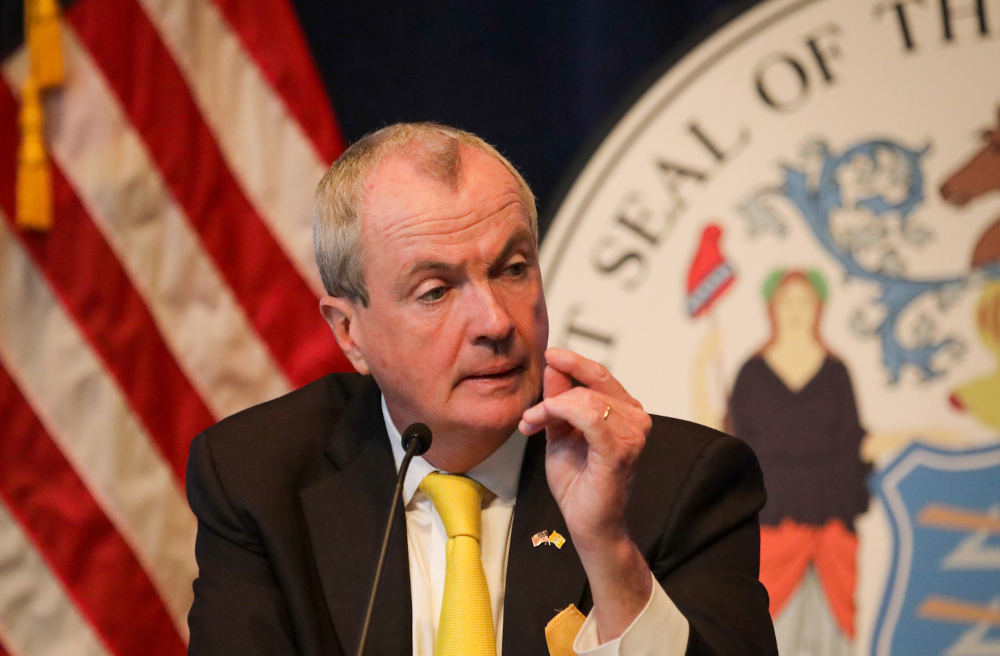A lawsuit challenging New Jersey’s controversial hemp law remains unresolved, though recent court filings suggest “ongoing discussions” may lead to a settlement. Several hemp companies filed an appeal after a federal judge upheld most of the law, which went into effect in October. The state’s Cannabis Regulatory Commission has since struggled to enforce certain provisions due to the court’s decision.
The law, signed by Gov. Phil Murphy in September, requires hemp businesses to apply for licenses to sell, manufacture, and distribute hemp products. It also allows liquor license holders to sell hemp products if licensed. However, hemp companies argue that the legislation is unconstitutionally vague and effectively criminalizes many hemp cultivators and retailers.
A federal judge agreed with some aspects of the businesses’ argument, ruling that parts of the law infringed on interstate commerce. Nevertheless, he also recognized the state’s authority to regulate hemp. As the legal wrangling continues, the commission has enforced bans on sales to individuals under 21 and products that are not derived from “naturally occurring biologically active chemical constituents.” Penalties for selling without a license range from $100 to $10,000, depending on the offense.
Murphy acknowledged concerns about unregulated THC products, which lawmakers said were easily accessible to children. However, he expressed reservations about the legislation’s vagueness, echoing the frustrations of hemp businesses caught in the regulatory crossfire.
The battle in South Carolina
In South Carolina, proposed legislation seeks to tighten regulations on the hemp products, ensuring all retailers are licensed and products are tested through certificates of analysis. Sen. Deon Tedder, the bill’s sponsor, highlighted the importance of consumer protection, noting that the new guidelines aim to make it easier for customers to trust the products on store shelves.
Retailers support the move, saying it shifts the responsibility from consumers to businesses by requiring strict safety and testing measures. Additionally, licensing fees under the proposed system would generate revenue for the state without imposing extra costs on taxpayers. Supporters are optimistic that the bill will pass by the end of the legislative session.
The South Carolina Department of Health and Environmental Control (DHEC) a year ago issued an order banning products that contain CBD, a non-intoxicant, and synthetic, high-concentration forms of psychoactive THC. The agency also imposed labeling restrictions regarding edible hemp products to underscore the bans.
Texas pushes for ban
Texas Lt. Gov. Dan Patrick has made banning all consumable products containing any form of THC one of his top legislative priorities for 2025. Senate Bill 3, announced in December, aims to repeal key provisions of House Bill 1325, which legalized industrial hemp following the federal 2018 Farm Bill.
Patrick and other conservatives argue that unintended consequences of H.B. 1325 have led to a multibillion-dollar market for intoxicating hemp-derived products, which they claim pose risks to public safety. The lieutenant governor accused retailers of targeting children with dangerous levels of THC.
Agriculture Commissioner Sid Miller backed Patrick’s stance, warning that the current unregulated market promotes recreational marijuana use under the guise of hemp sales. However, industry leaders have pushed back, warning that a ban would devastate an $8 billion industry supporting over 50,000 workers.
Maine’s ‘pro-consumer’ approach
In Maine, a more balanced approach to hemp regulation is taking shape. The state recently updated its regulatory framework to ensure that intoxicating hemp products are safe and clearly labeled. Rather than imposing an outright ban, the focus has been on testing requirements and consumer education.
State officials have emphasized collaboration with industry stakeholders to develop rules that protect consumers while allowing businesses to thrive.
The four states’ concerns about intoxicating hemp products mirror a broader trend across the U.S., where states are imposing stricter rules or outright bans. While some producers and retailers argue these measures stifle innovation and threaten small businesses, regulators point to safety concerns, including reports of adverse health effects and deceptive marketing targeting minors.
The legal landscape remains murky at the federal level. The 2018 Farm Bill, which inadvertently facilitated the rise of psychoactive hemp products, is under review. Lawmakers in both the House and Senate have proposed amendments to the next Farm Bill, which could redefine hemp to exclude intoxicating substances altogether. If passed, this new definition would render state-by-state battles moot by setting a uniform federal standard.

